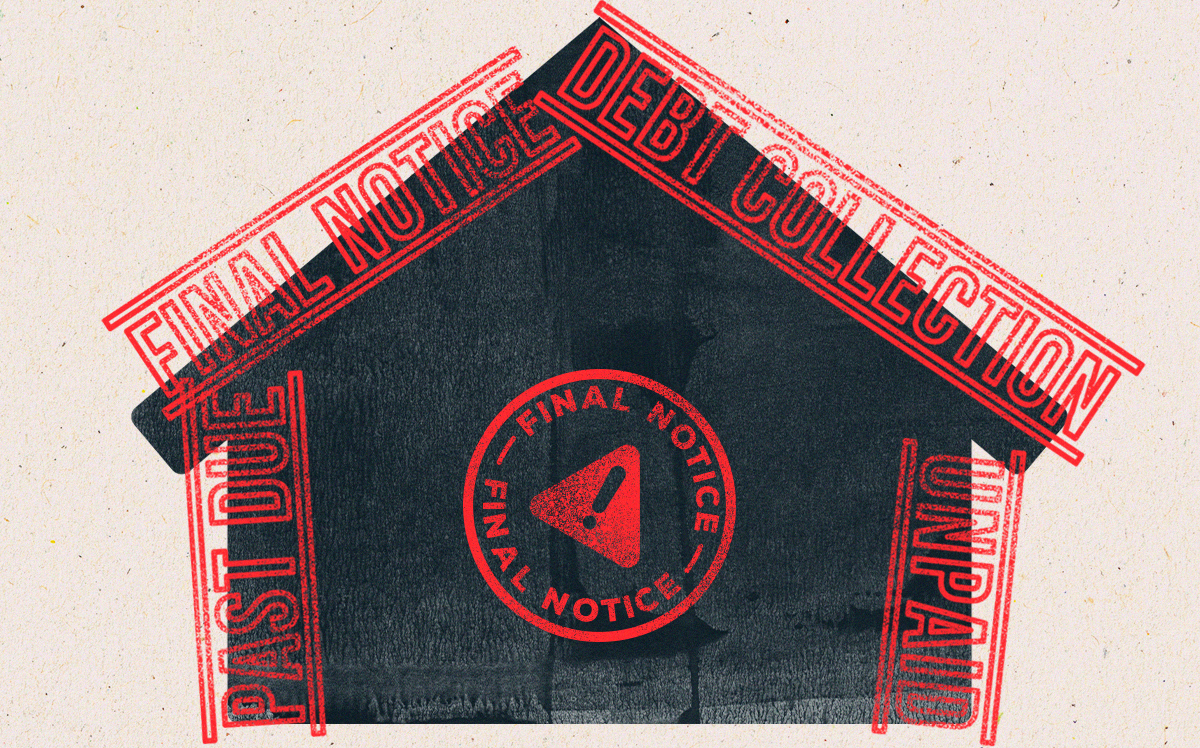As the City Council prepared to end New York City’s controversial tax lien sales, the de Blasio administration warned that delinquencies would rise. That’s exactly what’s happened.
With the tax lien sale gone since last February, the city has little leverage to get delinquent owners to pay their property tax — and some owners seem to have figured that out.
First-year delinquencies increased from $587 million in fiscal year 2022 to $735 million in fiscal 2023, a 25 percent increase, according to the Department of Finance.
The agency said, as it has before, that it’s looking for a solution that gets owners to pay without some needlessly losing their properties.
“The Department of Finance is working to overhaul property tax enforcement to protect vulnerable homeowners from losing their homes and preserve community affordable housing assets while ensuring that everyone meets their fundamental civic obligations,” a spokesperson said. “We will continue to work with the City Council and all stakeholders to pass legislation this year.”
The city sold liens on 2,841 properties in December 2021 after pausing sales during the pandemic. But after renewing for one year — instead of the usual four — the law that allowed lien sales, the City Council let it expire, believing it was victimizing clueless or helpless homeowners.
It is unclear how much the end of tax lien sales contributed to the rise in delinquencies, which tend to go up during economic downturns or interest-rate increases. When the pandemic hit, delinquencies rose significantly, to $683 million, about a 34 percent increase from the previous fiscal year.
But the city’s inability to sell liens is certainly not helping.
As delinquencies rise and the city loses tax revenue, New Yorkers who aren’t behind on their bills essentially cover the shortfall.
“If we don’t have a lien sale, delinquency rates go up on property taxes or water and sewer charges. What happens is everyone else pays more,” said Ana Champeny, head of research at the Citizens Budget Commission. “It’s not just that the city collects less.”
During the Giuliani administration, the city began selling tax liens to private interests rather than foreclosing on properties, which became a huge obligation during the Bronx is Burning days and into the 1980s.
The Council abandoned the sales after media coverage and hearings highlighted owners on fixed incomes losing their homes because they could not keep up with rising property taxes — or just missed or ignored delinquency notices.
The city introduced exemptions to alleviate such concerns, but not enough to satisfy an increasingly progressive Council.
But now the city appears to be missing out on tax revenue that funds the services and pet projects that Council members treasure.
According to Champeny, the tax lien sale increases tax revenue in three ways.
First, it keeps delinquency low because owners avoid it by staying current on their taxes and water and sewer bills.
Second, most homeowners who fall behind on taxes settle their debts with the city or negotiate a payment plan.
Third, the city collects money — albeit pennies on the dollar — by selling the liens. The buyers then attempt to collect the debts before turning to foreclosure.
When the city does a lien sale, it issues a 90-day list with everyone who may be roped in, and does outreach. More opportunities to pay follow: There is a 30-day list and a 10-day list.
The City Council appears far from having a replacement for the tax lien sale. It did not comment by press time. Nor did its Finance Committee chair, Justin Brannan.
Budget watchdogs say action is needed.
“Long term, not having a lien sale is a fiscal risk to the city,” Champeny said.
Read more



